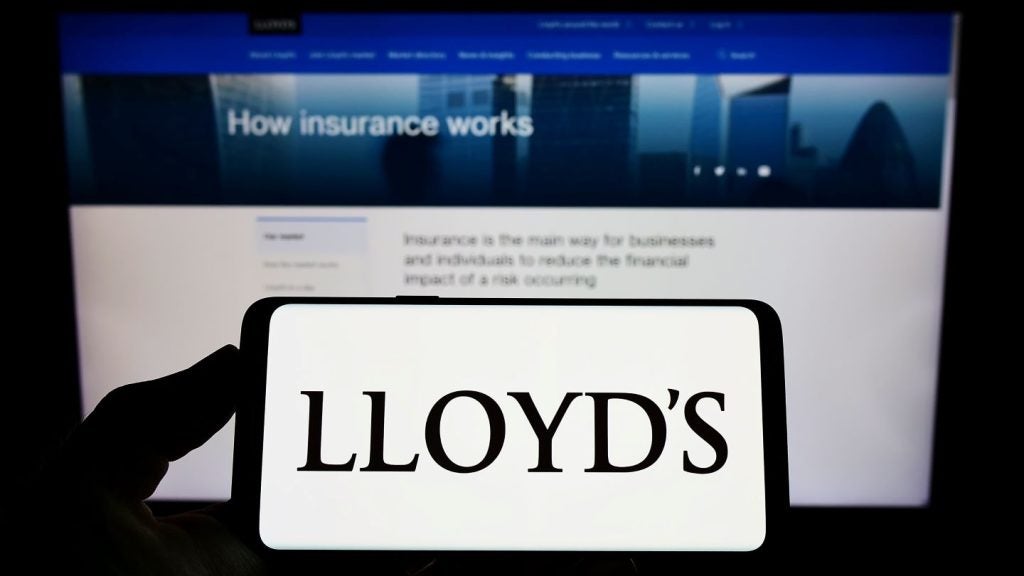
Nearly half (48%) of working women in the UK do not have any form of protection policy in place, according to research published by Aegon.
Aegon’s ‘Protection Matters’ report found that just 10% of women with protection automatically receive this through their workplace, highlighting the need for women to seek out personal protection insurance.
Aegon said protection is important to women when looking at job roles. The insurer said over two in five (44%) women asked their current employer about its provision as a workplace benefit and nearly a third (32%) said it was a key decision-making factor.
Nearly half (46%) of women believe it’s solely their responsibility to financially support their family should the unexpected happen, and without the safety net protection provides, many would be forced to turn to their partner’s income, savings or government benefits, said Aegon.
However, with over half (51%) of working women being the main breadwinner in the family, it’s likely that this would place significant pressure on their loved one’s income or savings.
If mums were unable to work for six months or more Aegon’s research has found:
- 40% of mums would rely on their savings
- Yet, 15% of mums have absolutely no savings at all, 4% say they would only have enough to last 4 weeks and 19% would only have enough to last up three months
- 38% would rely on their partner’s income
- 21% would rely on the state or government for support
- 17% would have to make major budget decisions
Aegon UK’s protection director, Stephen Crosbie, said: “Government initiatives such as auto-enrolment have successfully started to close the pensions gap in the UK, but currently there’s little being done to address the protection gap, which emphasises the importance of women taking responsibility for their own protection needs by seeking advice and getting a protection policy to suit their needs.”







